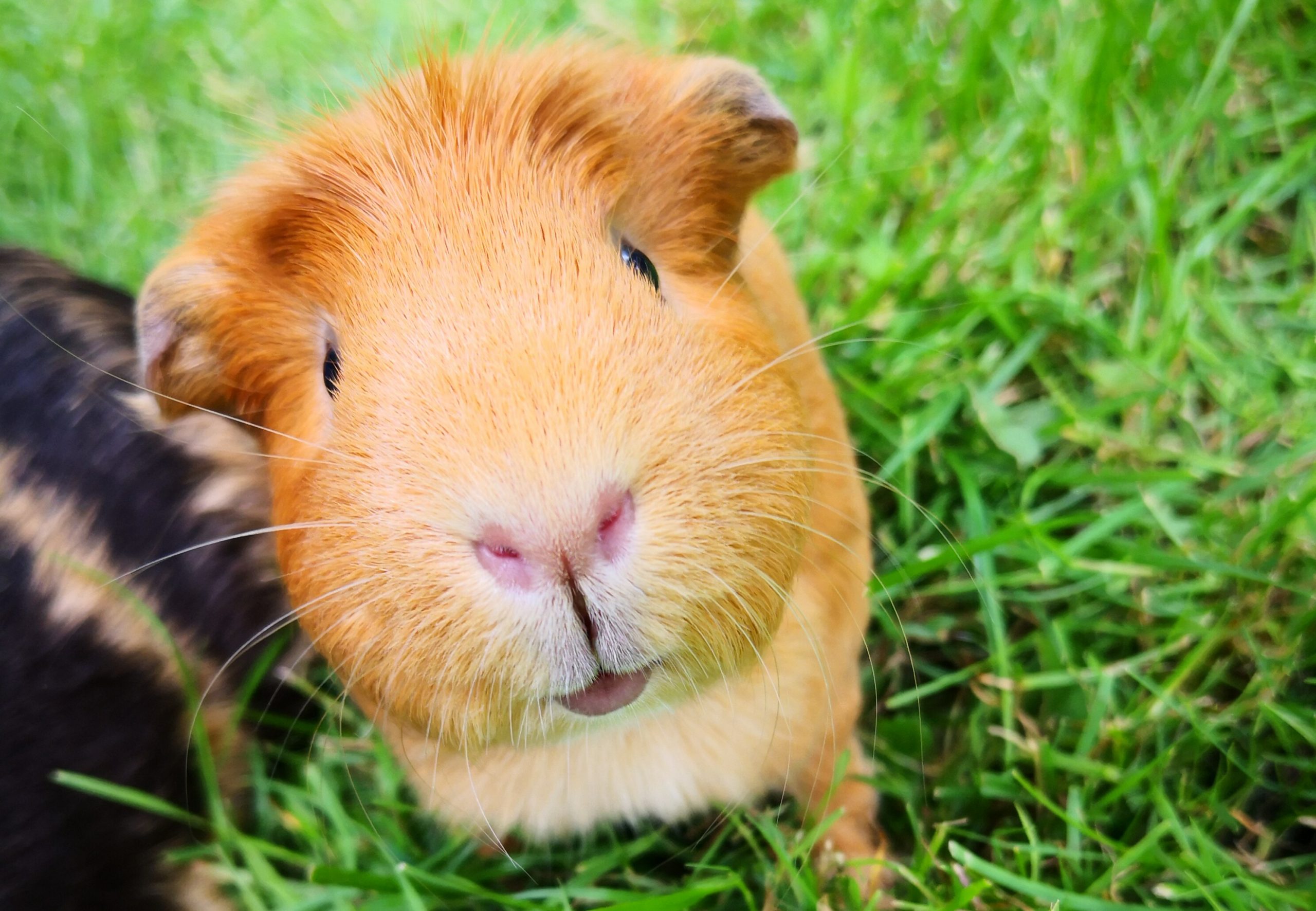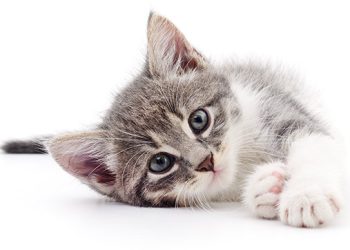Guinea pigs are one of the most popular pets. Guinea pigs are one of the most popular pets. They are easy to take care of and they are very friendly. People love them, especially children.
They have an undeserved reputation as being smelly rodents that just sit in cages all day.
The truth is that guinea pigs are highly social animals who love to explore their surroundings!
Most pet owners know that guinea pigs are rodents but even experienced keepers may have heard something about these cute creatures which is not true at all – here are five common myths debunked.
Myth 1: Guinea Pigs Cannot Be Played Or Bonded With.
The truth is that guinea pigs enjoy social interaction and need their owners to spend time with them. They’re very smart animals and love to be stimulated.
Guinea pigs enjoy a variety of activities, such as playing games, learning tricks, exploring boxes and other areas in the house or cage, getting petted or brushed by their owners, and being given fresh vegetables to munch on! Bonding with your guinea pig is highly possible. The important thing to remember is to let your guinea pig introduce themselves to you and not to rush them.
Myth 2: Guinea Pigs Cannot Be Neutered
Most people know that spaying or neutering their pets is important, but not everyone knows that guinea pigs can also be neutered. It’s important to neuter your pet because it can help reduce or eliminate many health problems, but it is also important to neuter your guinea pig because they are prone to cancer.
Myth 3: Guinea Pigs Are Great First Pets For Kids
Guinea pigs are not great starter pets for kids because they require a large amount of work to maintain, and many children will lose interest very quickly. Adult supervision is required to handle them safely, keep their cages clean and tidy, and make sure they get the care they need for a long and happy life.
Myth 4: Guinea Pigs Are Low Maintenance Pets
Guinea pigs require a lot of time and attention even though many people claim that they are low-maintenance pets. They need daily exercise outside of their cage, regular grooming (especially long-haired guinea pigs) and regularly scheduled playtime.
Guinea pigs should also be given a balanced diet which consists of hay, pellets and fresh vegetables. It is possible that you can feed them treats such as fruit but it shouldn’t consist of more than 10% of their daily intake, otherwise they may become obese.
Myth 5: Guinea Pigs Don’t Need A Large Living Space
Guinea pigs actually need a lot of room to roam and play. In the wild, guinea pigs typically roam and play in open grassy areas, or around rocks and forests. The average guinea pig requires a cage that is at least 4ft by 2ft with an outdoor run so they get plenty of fresh air. A bigger living space is needed if you are going to house pairs (recommended) or groups.
Guinea pigs do need social interaction with other guinea pigs. This is because they are highly social animals who live in herds in nature. They thrive on this kind of contact and the company of other guinea pigs. Just like with their living space, a lot of room for play is required to keep them happy and healthy.
Wrapping up
Guinea pigs make great pets when cared for properly. They love social interaction and need their owners to spend time with them. Guinea pigs enjoy a variety of activities such as playing games, learning tricks, exploring boxes and other areas in the house or cage, getting petted or brushed by their owner’s hand – just like you would do for any other animal friend. Bonding with your guinea pig is highly possible the important thing to remember is that let your guinea pig introduce themselves to you instead of rushing them into anything.






